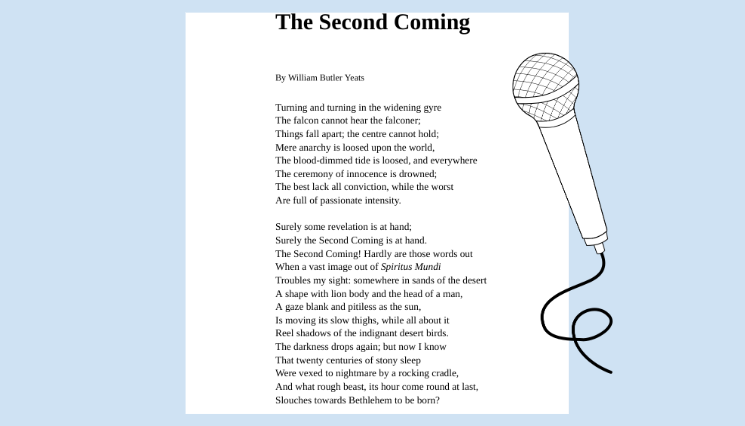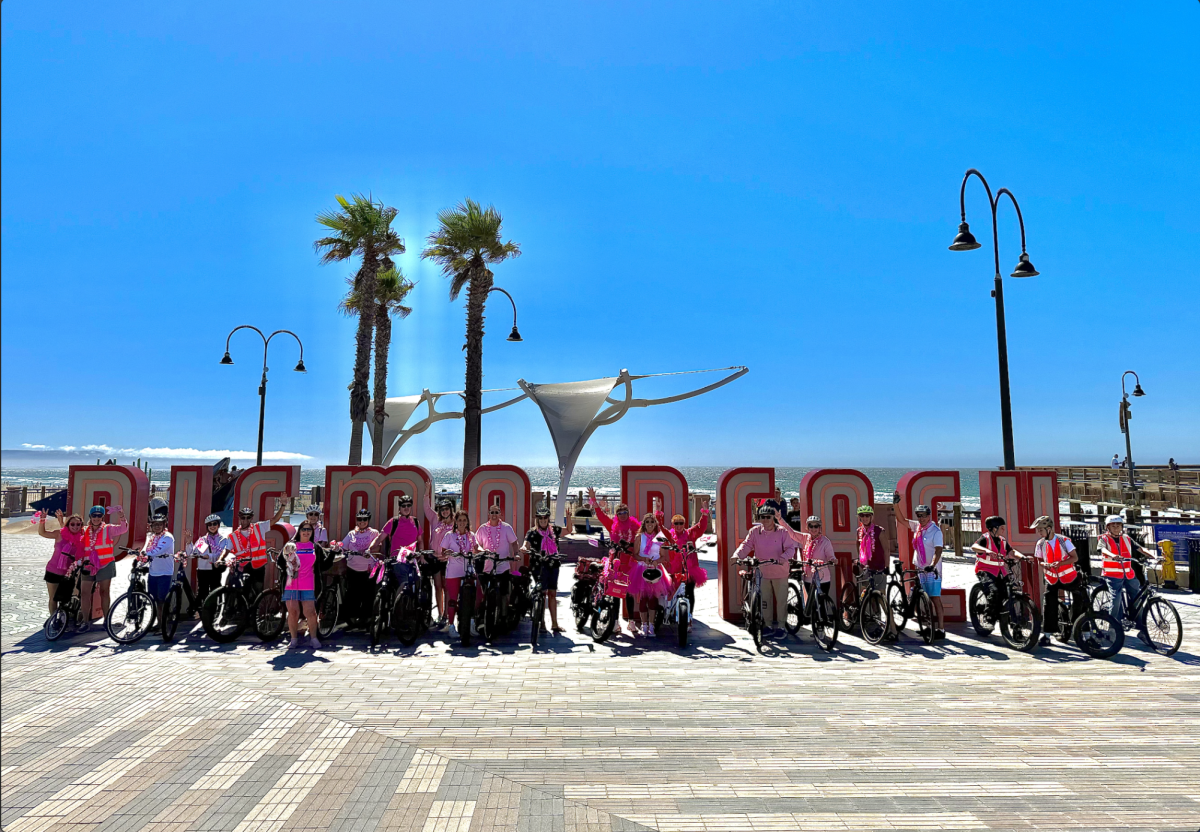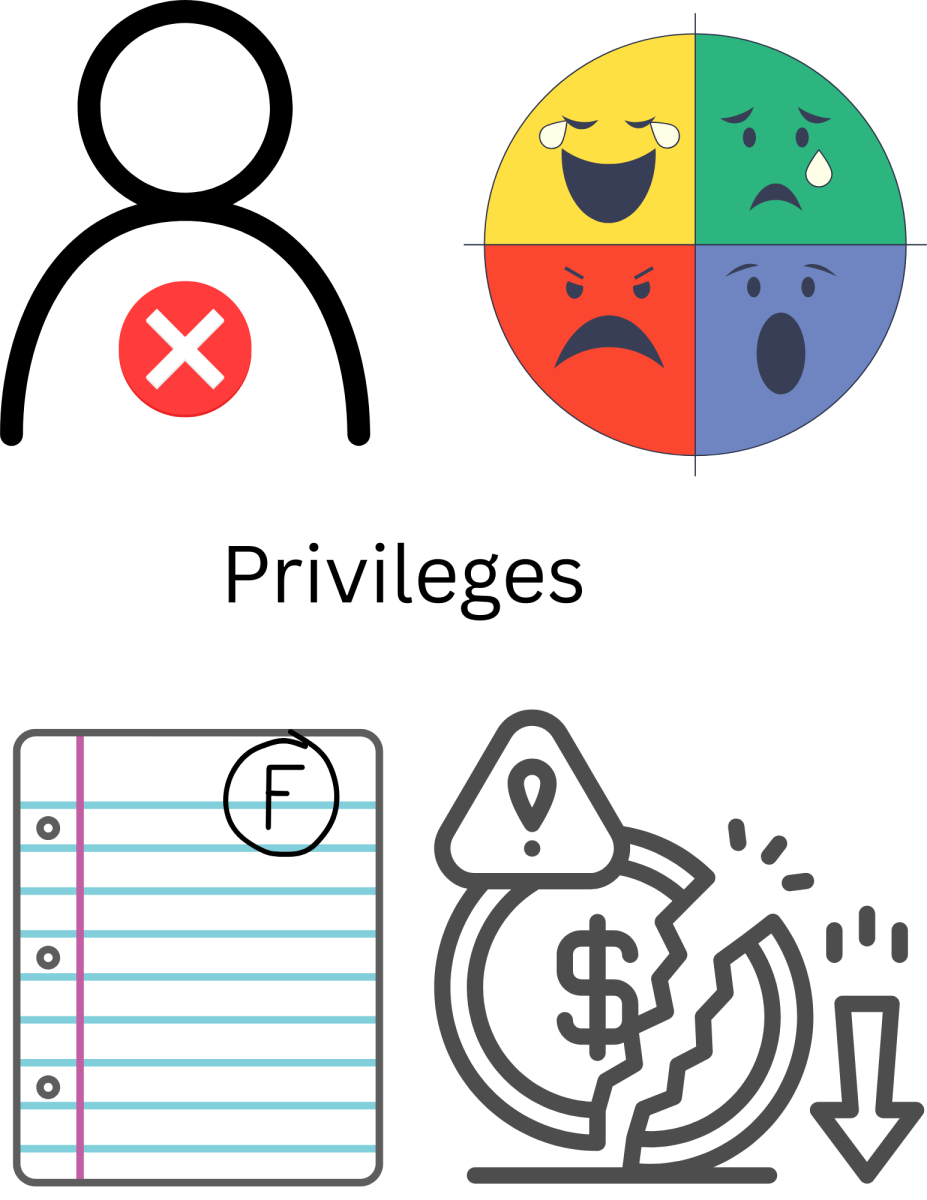The Merriam Webster Dictionary defines poetry as:
“Writing that formulates a concentrated imaginative awareness of experience in language chosen and arranged to create a specific emotional response through meaning, sound, and rhythm.”
The definition is pretty thorough, poetry does all of those things. Provokes the imagination, sparks emotional response, and incorporates meaning through sound and rhythm.
However, something about verbalizing it into existence may create an even deeper meaning, appreciation and introspection than simply looking at the written word.
On Feb. 2, seven students at Arroyo Grande High School competed in a national poetry competition called “Poetry Out Loud,” breathing life into their chosen poems.
“In addition to memorization, students are evaluated on their physical presence, voice and articulation, interpretation, and evidence of understanding of the poem,” said AP Literature teacher Christian Holst.
Students competed against their classmates, then against AGHS’s senior class and finally, in a county wide competition against students from other schools.
Nyjah Anaya (‘24) was AGHS’s winner, and moved on to compete in the countywide competition, ultimately placing third. While Anaya demonstrated skill in his technique, a background in theater allowed for easier memorization.
“I was like ‘okay, this won’t be that bad’ because I have to memorize stuff for theater anyways, [the poem] was only a couple lines, [and] I’ve done a page and a half [for theater],” Anaya said.
He previously had a deep appreciation for poetry and the arts, but was surprised by the large poetry reading community.
“When I went to the county [competition] I felt very out of place,” Anaya said.
Despite this, he placed third with his reading of “The Second Coming” by William Butler Yeats, a religious themed poem. While many students chose poems due to their short length, Anaya found personal connection within it.
“I work with a lot of scriptwriting, I’m a videogame designer and scriptwriter…a lot of themes I work with are gothic fiction and horror, and religious themes are really core to that genre,” Anaya said.
In addition to his personal connection with “The Second Coming,” he enjoyed the unique and non-standard qualities of the poem. Whether he is scriptwriting, performing in theater, or reading poetry, Anaya’s constant desire to bring something passionately innovative to the table brings an element of unique vitality to conversation.
He articulated that poetry may not always embody stereotypical themes of love and romance, or sadness and philosophy. Through the “Poetry Out Loud” competition, Anaya alongside many other high school students expressed the “concentrated imaginative awareness” within the formal definition of poetry.
“[Poetry] should include some terms on enlightenment and spirituality rather than just passion,” Anaya said. “Not all poetry has to be passionate, sometimes it can be different.”








